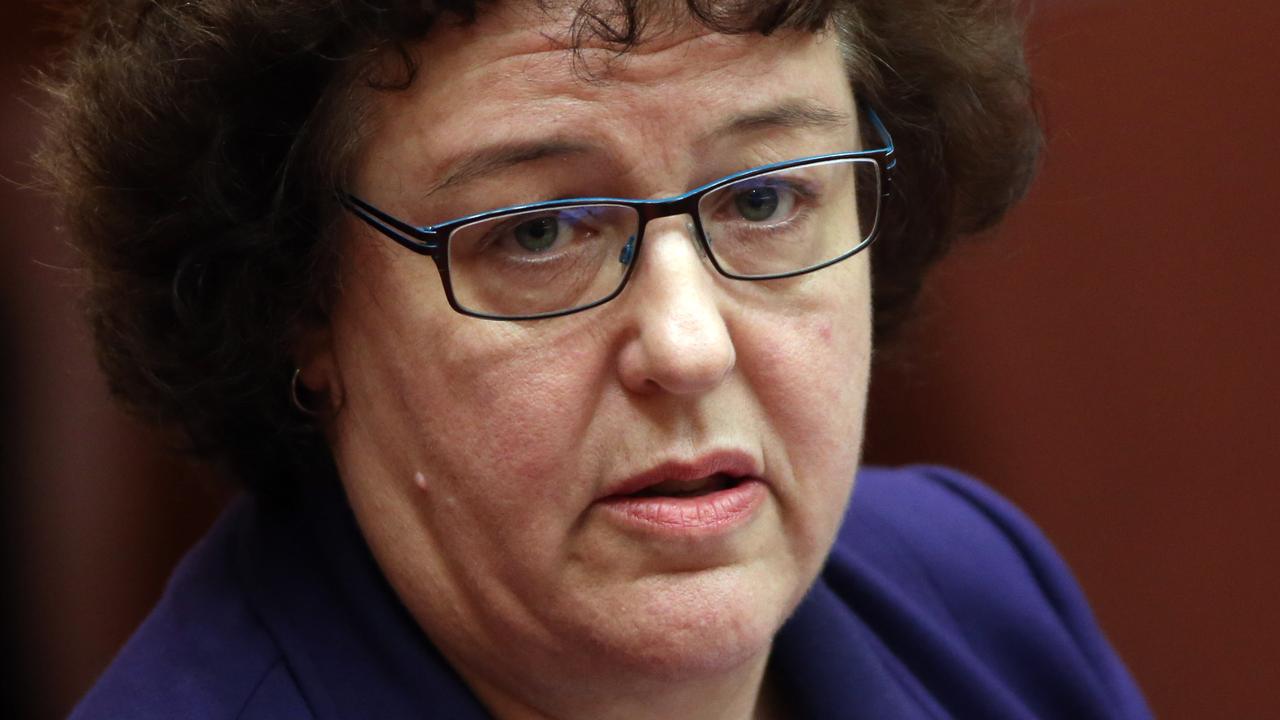Status of school can affect results
PARENTAL angst over choosing a child's school has been vindicated by research showing classmates are crucial to academic success.
PARENTAL angst over choosing a child's schools has been vindicated by new research showing that classmates are a crucial factor in academic success.
Parental income and education has long been recognised as the most important factor in success at school, but research from Murdoch University shows the socio-economic status of a school can mitigate the effects of a student's own background.
Education researchers Laura Perry and Andrew McConney analysed the results of an international test in reading, maths and science conducted by the OECD, looking at students' and schools' socio-economic status.
The study found that the poorest students who attended one of the richest schools improved their test scores by an average 57 points in all three subjects, which is the equivalent of being a year ahead at school.
Similarly, the richest students who attended one of the poorest schools dropped about 54 points in reading, 56 points in maths and 52 points in science.
Dr Perry said the study showed that the combined background of all students in a school could affect one student's results.
"It was previously thought it would benefit lower socioeconomic kids to go to a richer school, but that it didn't matter as much for privileged kids because they'll do well no matter where they go to school," she said.
"It's not true. They're just as sensitive to the composition of the school as any other kid, which was a depressing finding for us."
The study found that the socio-economic status (SES) of schools was strongly and consistently associated with academic performance.
"Schooling that is segregated by SES is most likely to benefit students who are already educationally privileged, but harm students who find themselves at educational disadvantage, associated with low SES backgrounds," it says.
A secret report commissioned by the state Education Departments for the Gonski school funding review, and reported last week by The Australian, found that government funding of private schools to give parents choice had increasingly segregated the nation's school system along social lines.
Dr Perry said school funding models in other countries, including Canada and New Zealand, provide public subsidies to private schools on the condition they not charge fees. Schools charging fees forfeit any government funding.
As a result, she said, Canada had very few high-fee private schools, the gap in achievement between poor and rich students was much smaller, and it outperformed Australia in international tests.


